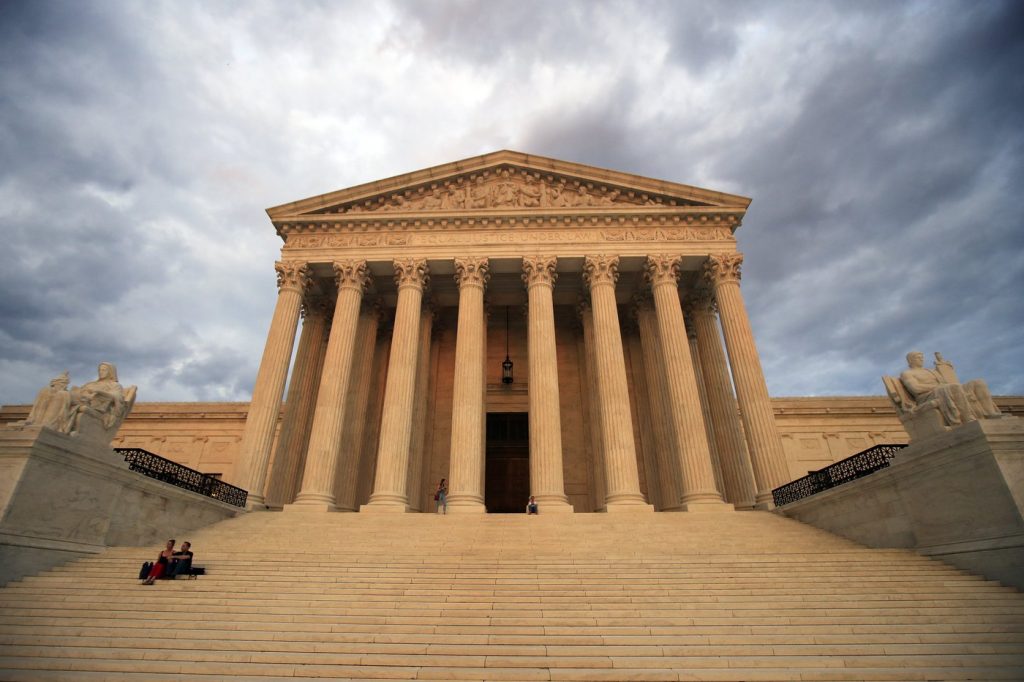On Wednesday, the Supreme Court convened to hear arguments regarding a critical legal challenge about the federal government's $8 billion annual expenditure to subsidize phone and internet services across schools, libraries, and rural areas. This case tests the boundaries of federal regulatory power and the constitutionality of the Universal Service Fund (USF), a fund established to support essential telecommunications services.
The court is reviewing a ruling from the 5th U.S. Circuit Court of Appeals, which deemed the funding method of the Universal Service Fund unconstitutional. This appellate court, known for its conservative stance, determined by a narrow 9-7 vote that Congress had excessively delegated authority to the Federal Communications Commission (FCC). Additionally, it found that the FCC had relinquished too much power to a private entity overseeing the administration of the fund.
For nearly 30 years, the USF has been a vital source of financial support for telecommunication services, impacting tens of millions of Americans. The telecommunications industry's representatives have argued that abolishing the fund would lead to significant service disruptions. In practice, the FCC collects funds from telecommunications providers, who then pass the associated costs onto their customers via a tax. Notably, the tax rate has skyrocketed from under 4% in 1998 to nearly 37% today, prompting concerns from advocacy groups that assert Congress has failed to impose adequate limits on the FCC’s authority to increase this tax rate.
The case has drawn attention due to the ongoing contention over federal agency regulations. The Supreme Court last invoked what is known as the non-delegation doctrine to invalidate a federal law back in 1935. However, there has been an observable trend among several conservative justices signaling a willingness to revive this doctrine in the current case. The court has consistently limited federal agency powers in recent landmark decisions, reinforcing the notion of legislative specificity required before agencies can act on significant policies, notably highlighted in rulings affecting the Environmental Protection Agency’s authority.
The Trump administration is defending the FCC's program, despite initial challenges to the USF brought forth by the Biden administration. Acting Solicitor General Sarah Harris argued in a brief that the actions and authority bestowed upon the FCC by Congress do not violate constitutional provisions. Meanwhile, Consumer Research, a conservative advocacy group that initiated the challenge, labeled the situation as a “nightmare scenario,” pointing to a lack of congressional budgetary constraints on the FCC’s funding methods. They argue that a simple solution would involve Congress either appropriating funds for the program or setting a maximum allowable tax rate.
Complicating matters further, Congress allowed funding for a significant internet subsidy initiative, the Affordable Connectivity Program, to lapse last year. The FCC subsequently sought to bridge the funding gap by reallocating resources from the E-rate program, which is one of the several programs funded by the USF.
Originally created in 1996 as part of a telecommunications industry overhaul, the Universal Service Fund's intent was to foster competition while eliminating monopolistic practices. The subsidies were designed with the mission to keep phone and internet services affordable for low-income and rural populations. A final decision from the Supreme Court is anticipated by late June, potentially reshaping the landscape of telecommunications subsidies and federal regulatory power.










